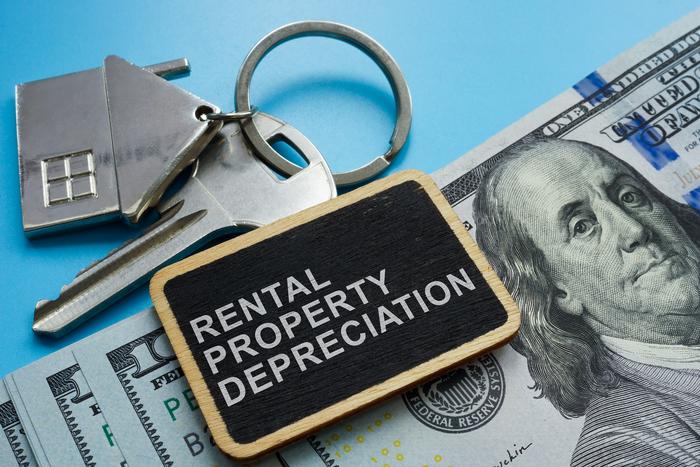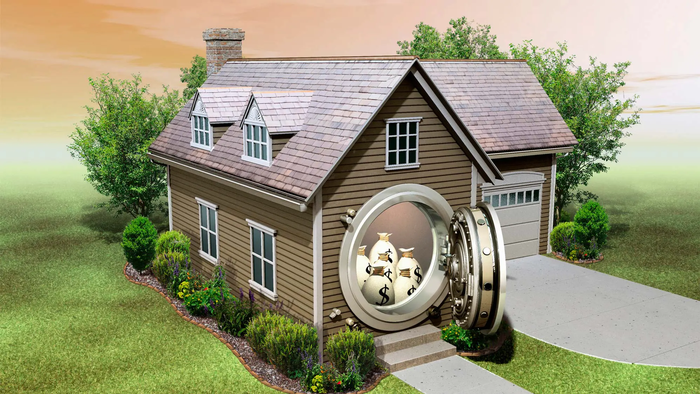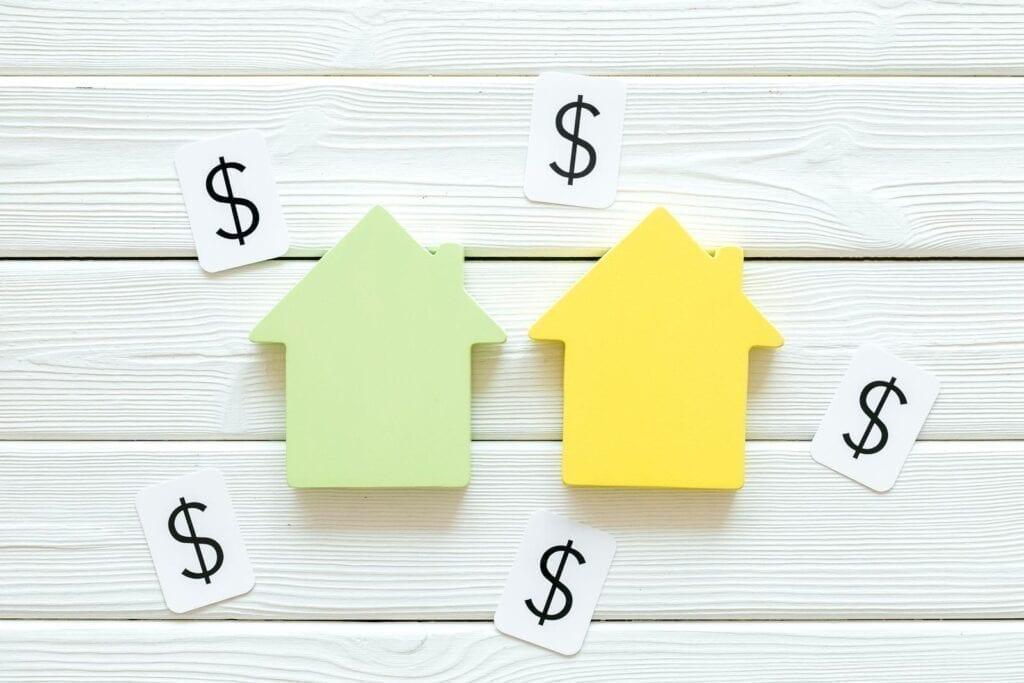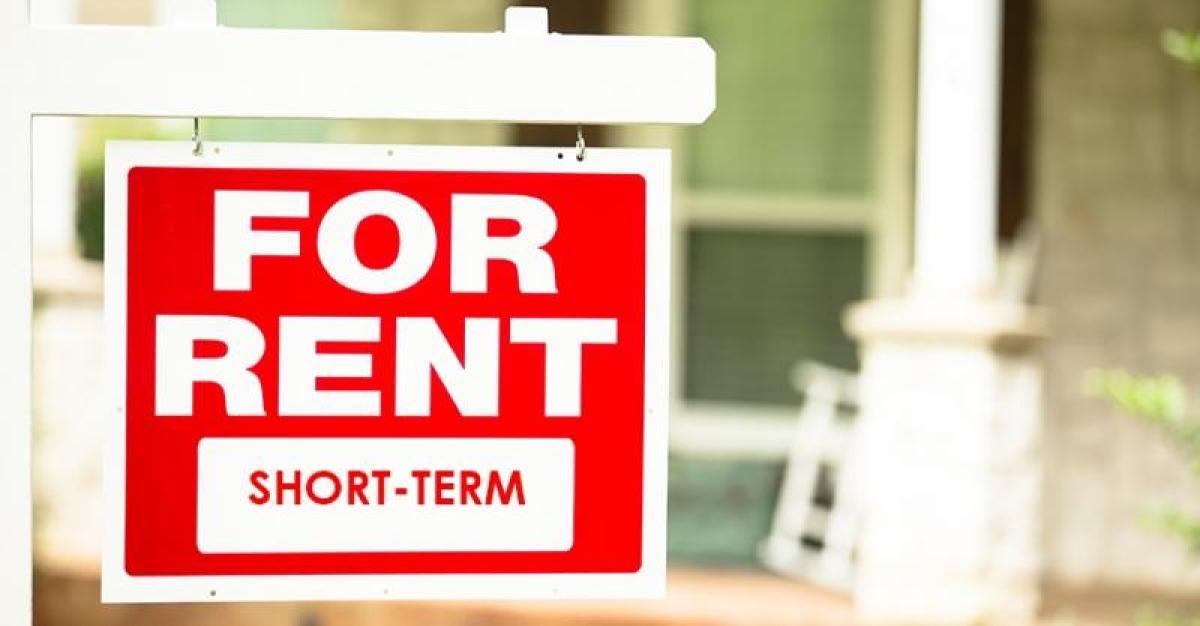Anyone interested in real estate investment has probably come across multiple ways to get started. Some people flip houses, while others rent out properties. Another method to make money with real estate is through wholesaling. It can be very profitable and doesn’t require you to pull out your wallet and lose your hard-earned cash.
Real estate wholesaling is a legal method to make profits on real estate deals without ever actually buying a property. If you’re a new investor interested in learning more about wholesale real estate, this article will give you all the details you require to get started.
What Is Wholesaling in Real Estate?
The main idea behind wholesaling real estate is to find sellable homes that haven’t been added to the market, negotiate to discover a seller, and then make a profit by selling them to an investor in real estate before a specific date.
Several types of properties can be used in wholesaling, including preforeclosure homes, high-profit margin homes, and distressed properties.
People who are involved in real estate wholesaling run a business that utilizes real estate investment strategies designed for those who may not have the credit or funds for real estate investing, but would like to be a part of the real estate industry despite that.
Most wholesalers look for distressed homes at below-market value. The homes may need a great deal of work, but the owner is ready to sell without the hassles of bringing in a real estate agent.
At this point, the wholesaler will go into a wholesale real estate contract and then move forward to reassign that contract to a buyer who will offer a higher price. This is typically considered a wholesale fee and often ranges from about 5% to 10% of the property’s total cost.
If you want to get involved in real estate investment but haven’t saved up the needed capital, wholesaling properties might be the perfect way to move forward and enter the investment world.
A Wholesale Real Estate Example
It might seem that real estate wholesaling is super complicated but it may be much simpler than you expect. Below is a quick example that can give you a better idea of what the process is like.
Someone owns a home but they don’t feel they can sell it since it’s very outdated. Repairing the home is something the homeowner cannot fund, yet it seems that selling it is impossible due to the need for renovations.
Then a wholesaler comes into the picture and has an offer for the one who owns the home. Perhaps they offer to put it under contract for $120,000. The wholesaler then works through their network to find an investor who will purchase the home for $150,000. They take on the home as a renovation project. In the end, the wholesaler walks away with $30,000 without ever buying a property.
Risks and Benefits Associated with Real Estate Wholesaling
With any kind of real estate investment, there are benefits as well as risks. It isn’t any different when you choose wholesaling. Being aware of the pros and cons of this investment strategy may give you insight into whether it’s the right method for you.
Risks of Wholesaling Real Estate
- A large amount of math and research is required.
- A short contract duration can add stress to the process.
- It’s possible that a buyer will not be found.
- There are fewer revenue options compared to other investment strategies.
- Many people find it takes time to start making a profit.
- Wholesalers must find a way to access the properties.
- Networking is a huge part of being successful.
- Finding motivated sellers may not be as simple as expected.
Benefits of Wholesaling Real Estate
- Wholesaling offers a high-profit margin.
- Compared to real estate agents, wholesalers can make almost double their profits.
- Those who sell online can work from any location.
- It helps people leave distressed homes and can improve the neighborhood.
- Wholesaling can be run as a multiple listing service.
- There are far fewer startup costs than would be required for house flipping.
- It features lower risk than other real estate investment options.
- The company can be run right from your own home.
A Step-by-Step Guide on How to Wholesale Real Estate
Several steps go into starting a real estate wholesaling business. Everything from forming a business to finding opportunities, signing contracts, searching for buyers, and closing deals is part of the process. Below, we’ll share each step so you can easily follow along.
Step #1: Form a Business
You might be ready to approach homeowners, but first, you want to form a business. You can choose a corporation or limited liability company and get it done at the Secretary of State Office.
While this isn’t required, per se, it does show that you are professional and serious about the steps to follow.
Step #2: Create a Website and Social Media
Another part of looking professional involves having social media and a website. This makes people take you more seriously. Being easy to find makes networking easier but make sure your online presence looks good to create the right impression.
You can do these things on your own or hire someone to handle them.
Step #3: Create a Contract Template
Contracts are needed for every deal you make. A seller contract and a purchase contract are necessary. Your real estate wholesaling assignment contract is where you sell the rights to buy a home to a buyer. It includes your wholesale fee and the cost of the home.
You’ll also need a wholesale real estate purchase agreement. This is what you use with the seller to purchase the home. It will include seller and buyer info, payment method, occupancy terms, terms of default, signature blocks, and more.
Double-close contracts are also useful. These are most common when you have a high-profit margin that you prefer to hide, your state requires this closing method, or you have no real estate license and the title company requires one.
Step #4: Look for Properties
Now you get to do the fun part – looking for investment properties. You want to be sure you can get them at a good price and sell them for a reasonable profit.
Think about the profit margin cutoff for your comfort level. For instance, if you want to make $50,000 for each home, be sure you can do that before moving forward.
Step #5: Communicate with the Owner
This is the time to speak to the property owner. You can reach out in person, run a direct mail campaign, call them, or choose another method of communication. Not everyone will be interested but some will be. Be ready to offer them a deal if they are interested.
When flipping homes, investors expect to pay about 70% of the after-repair value. That means calculating the maximum allowable offer, cost of repairs, and after-repair value. Make sure the numbers make it possible to find a buyer.
Step #6: Sign on the Dotted Line
After you agree on the terms, make sure to have them in writing. This is a must before you start hooking into your network to find someone to purchase the home.
Step #7: Look for Buyers
Next, you want to find a buyer. Networking is an important part of wholesaling and you should do this with various types of people.
Get to know hard money lenders, licensed real estate agents, and Airbnb super hosts to start. Look for those who are buying at locations like social media groups, trade conferences, and real estate professional meetups.
Step #8: Go Through Escrow
This part of the process is done through an escrow and title company. They will make sure any tax defaults and liens are identified. They’ll also ensure the deal is ready to go and everything is streamlined for the buyer, contract seller, and homeowner.
Step #9: Move to Closing
Once everything is good to go, be aware closing costs are associated with buying homes. These can range from around $1,500 to $7,000 without the inclusion of taxes and be as much as $30,000 with taxes included.
Once the deal has been closed, the homeowner gets money for the home, you get the wholesale fee, and the buyer gets the home.
Final Thoughts
Real estate wholesalers are the people who bring together homeowners and investors who want a good deal on a property to make a profit. It requires minimal to no capital and provides a huge dose of experience. As experience grows, wholesalers can work on multiple deals at once and bring in a great deal of money.
For those who want to invest in real estate but who may not have a large amount of money to do so, wholesaling can be the perfect option. While it might take some time to get started, it can offer a tremendous payoff once you start closing deals. It offers a way to start building capital and creating a network if you decide to engage in other real estate investment strategies.




















